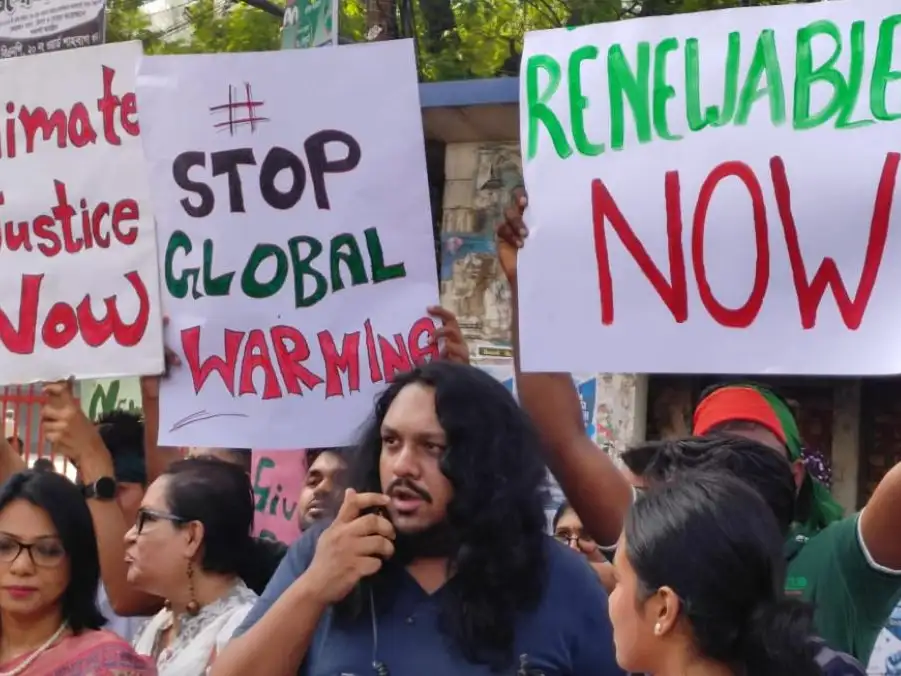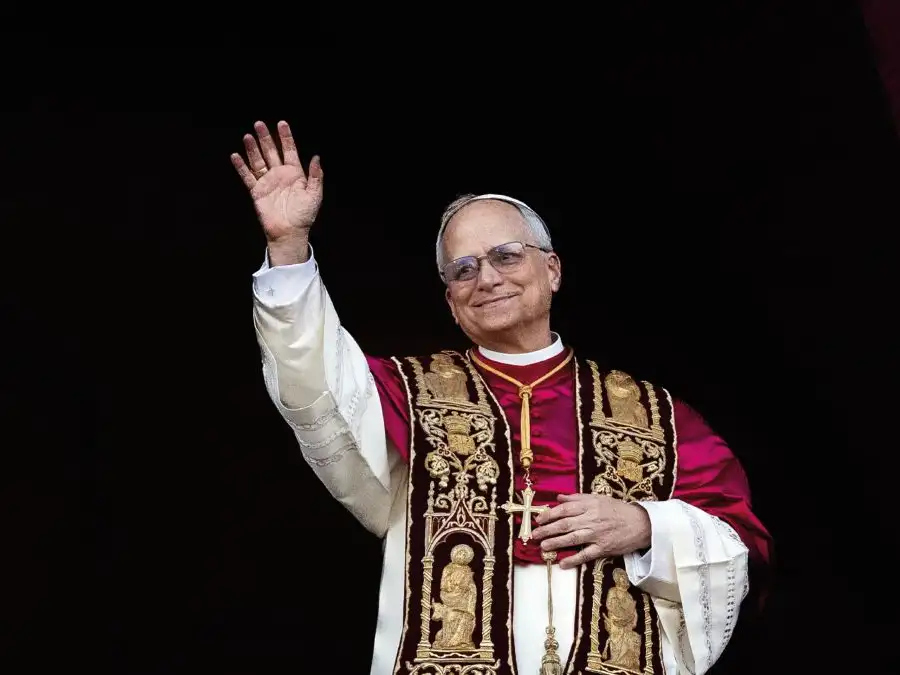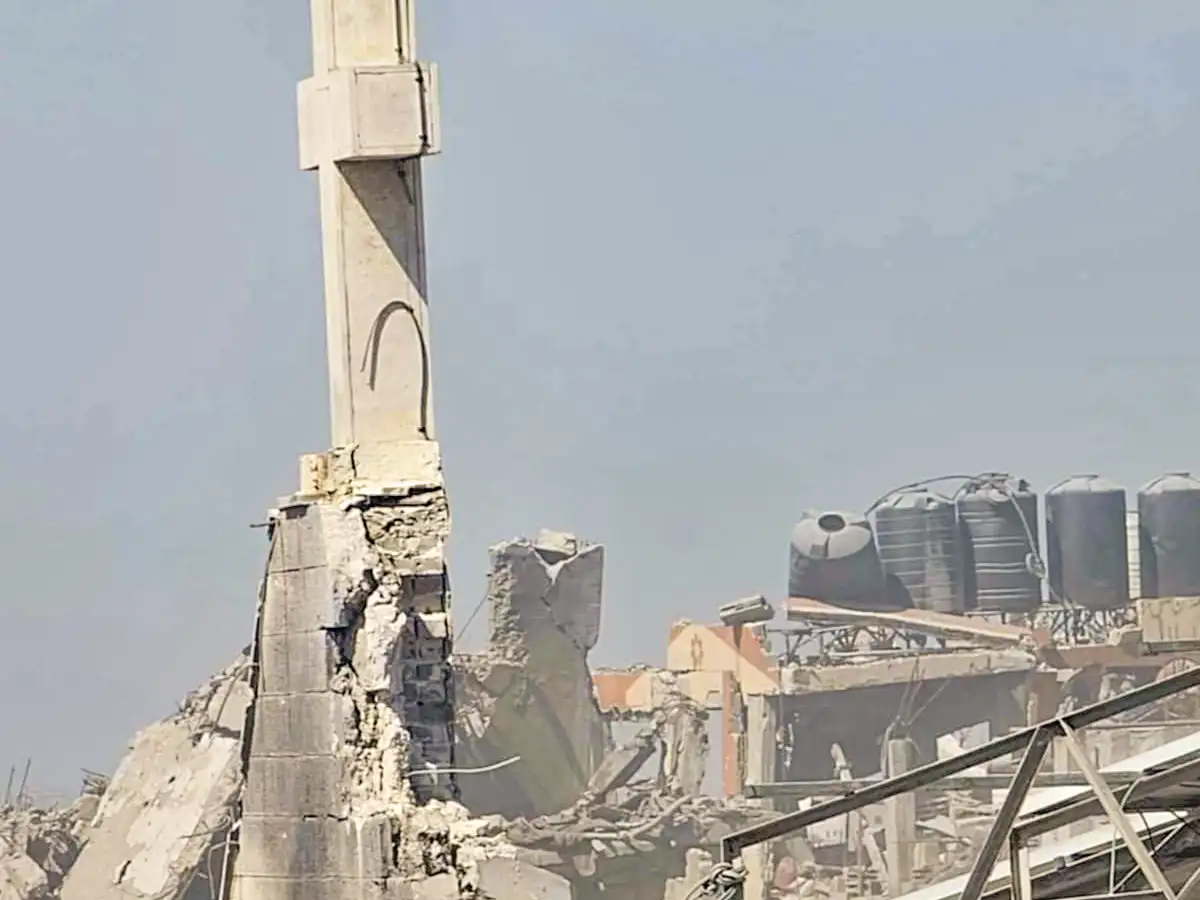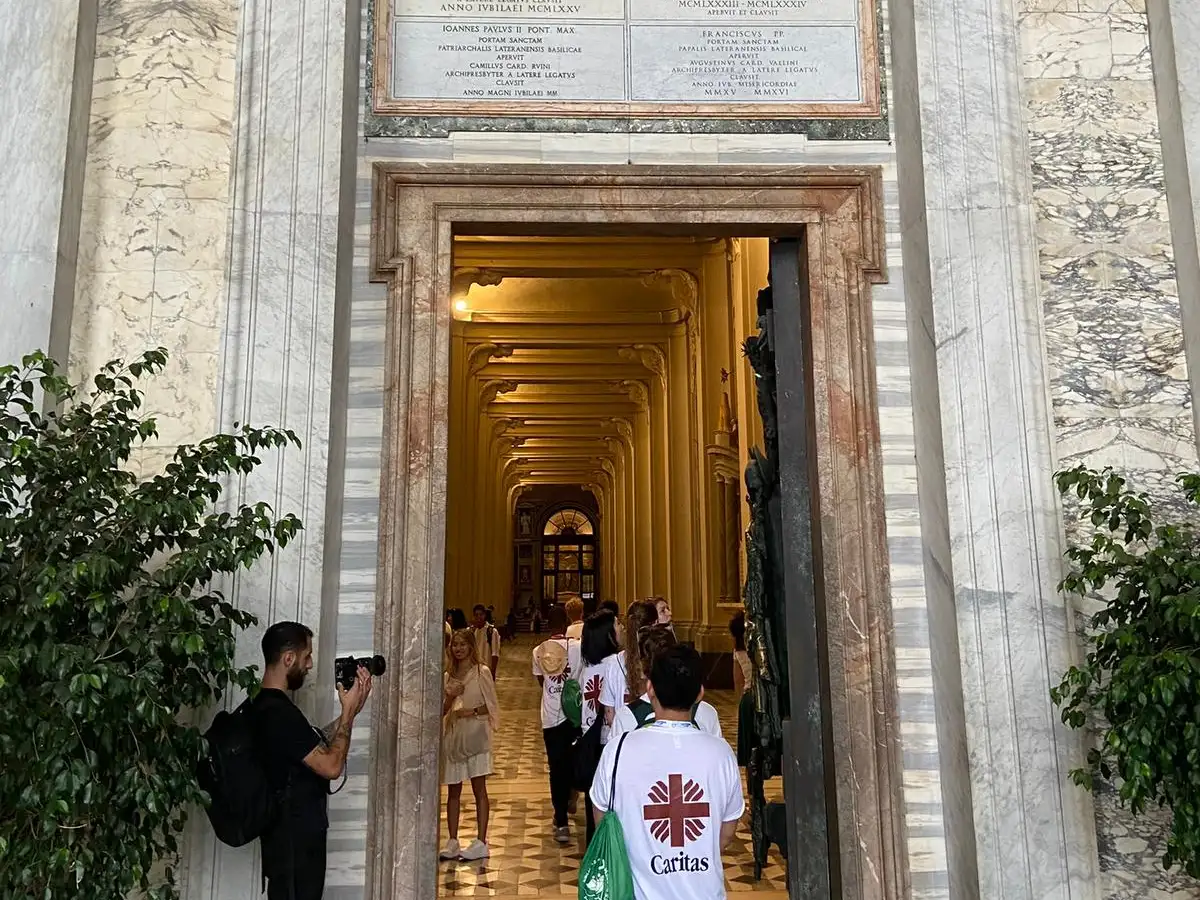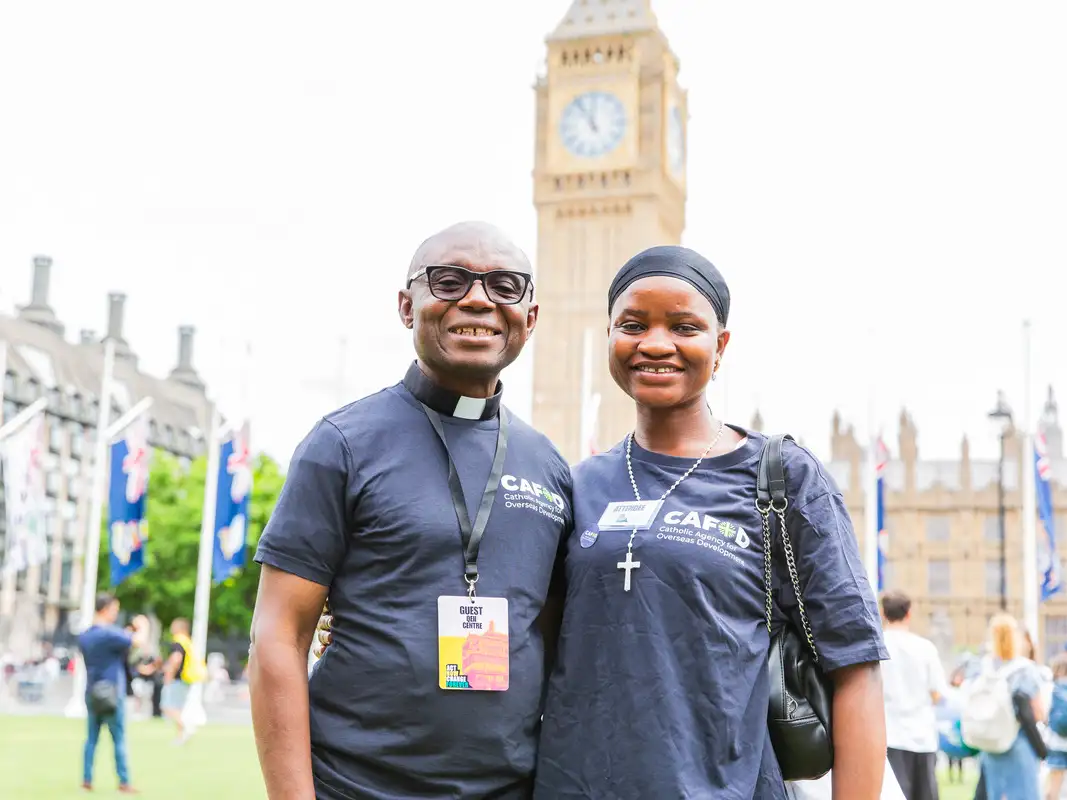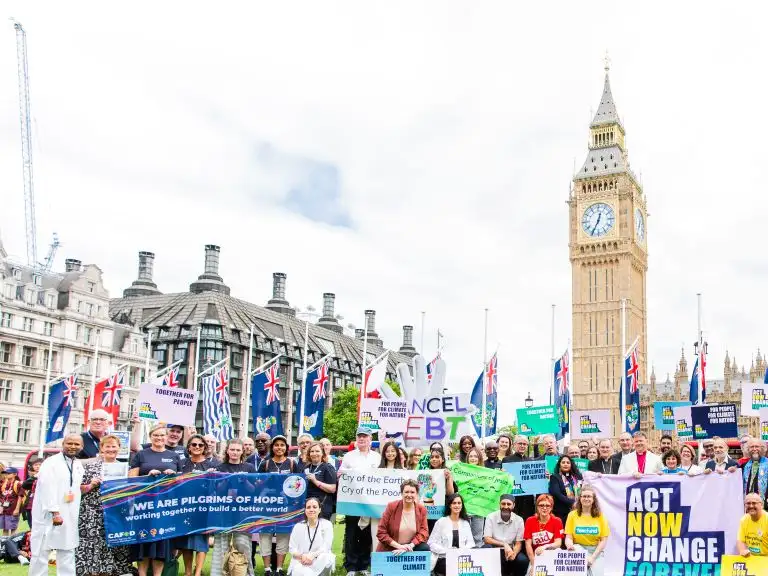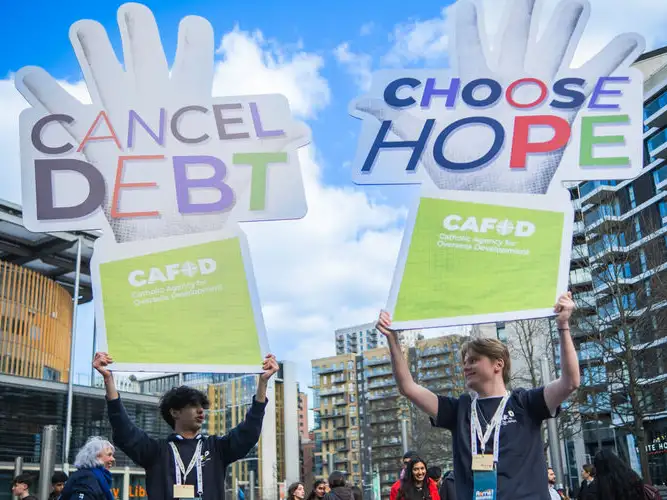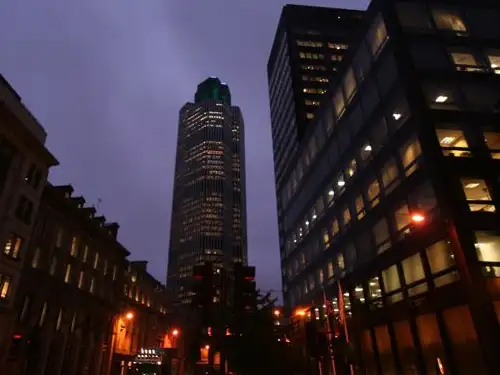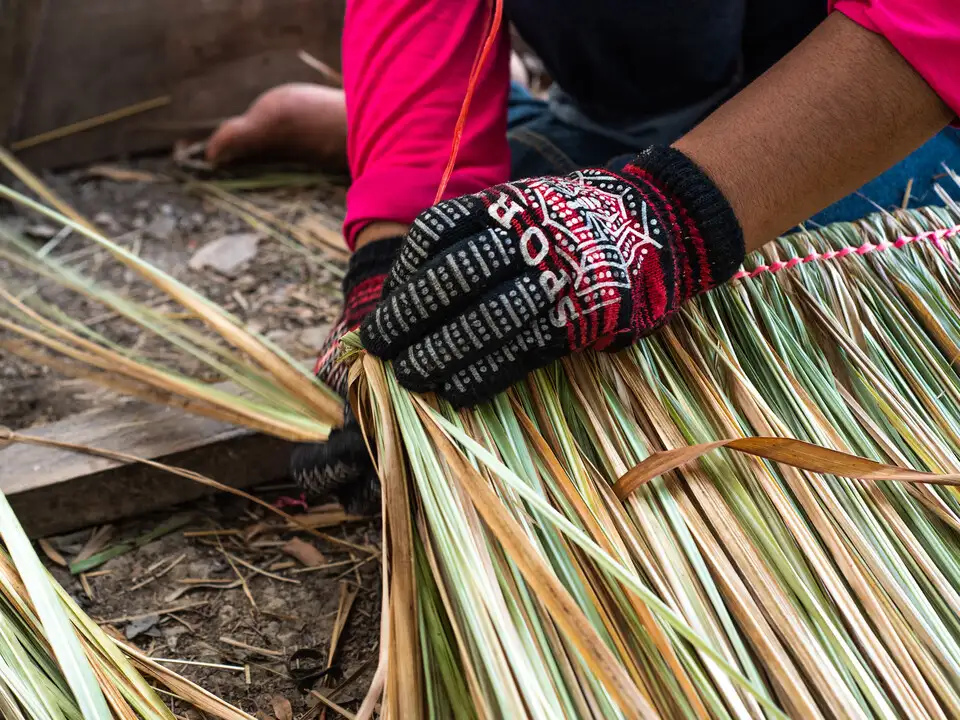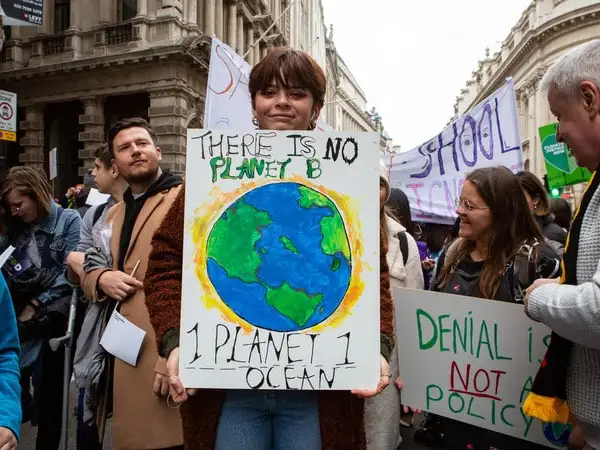

Hundreds of CAFOD supporters joined the marches to call for COP26 leaders to take action and 'keep 1.5C alive'
Hundreds of CAFOD supporters have joined millions of people around the world to demand negotiators at COP26 take the action needed to tackle the climate crisis.
CAFOD supporters joined marches taking place on 6 November in London, Glasgow, Cardiff and other places around the UK to call for governments at the COP to agree steps to keep temperature rises below 1.5C, support countries on the frontline of the crisis and consign fossil fuels to history.
The marches in the UK were held alongside dozens of other demonstrations in countries such as Brazil, the US, Kenya, Turkey and Australia as part of a 'Global Day of Action'.
Catholics call for action from COP26 leaders
Alex Ugoh, 19, a CAFOD campaigner from Rainham in East London who joined the demonstration in Glasgow, said:
“COP26 has the potential for making significant progress towards our global climate goals.
“I am here to represent the drive and enthusiasm of young people across the globe who want a more sustainable tomorrow. The opportunity to be surrounded by a community of passionate young adults focused on future-proofing their planet for generations to come, was something I simply could not pass up.”
CAFOD Director Christine Allen said:
“The first week of COP26 has seen important announcements on issues such as limiting methane emissions, finances, stopping the funding of fossil fuel projects and halting deforestation. The progress that has been made is exciting.
“However, we need major breakthroughs in the final week of COP26 to limit global heating to 1.5 degrees.
“If we do not see commitments that keep the ambition of 1.5 degrees alive or that fund the poorest who face the reality of climate change now, the deals we have seen will be undermined.
“As Pope Francis highlights, we should look at the earth from the perspective of the poorest. Villagers in Bangladesh flooded out of their homes, farmers in Zimbabwe whose crops have failed, children in Peru choking on air pollution: they are not responsible for global warming but suffer the consequences. Unless we hear their voices and provide adequate financing for vulnerable communities, the promises made so far will be empty ones.”


